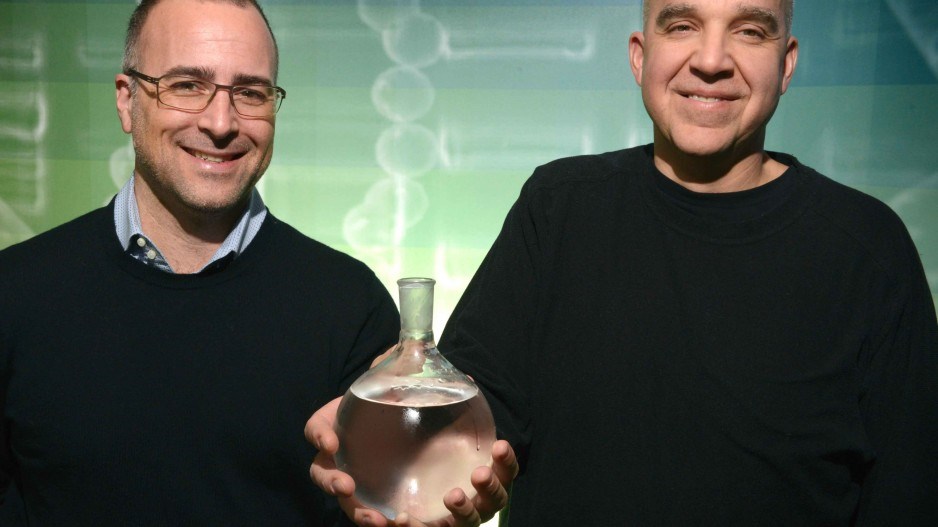When the Deepwater Horizon offshore oil rig spilled 4.9 million barrels of oil into the Gulf of Mexico in 2010, BP PLC got some help with the cleanup from the likes of Thalassolituus oleivorans – an ocean-dwelling bacterium that just happens to love hydrocarbons – and a host of other similar microbes.
Scientists found oil-degrading microbes flourishing in the sudden bounty of hydrocarbons in the ocean, and the result was that they ended up digesting huge amounts of oil at a rate that no one expected.
Understanding how bacteria react to their environment, and in the process better understanding how they might help improve industrial waste cleanup and efficiency, is at the heart of a new $1 million research project Genome BC is funding, in partnership with the natural gas industry and the University of British Columbia (UBC).
Genome BC is also funding a project with Casino Mining Corp., which is planning to build a new open-pit copper-gold-molybdenum-silver mine in the Yukon. Preliminary tests there found high concentrations of copper in upstream waters near the deposit, and concentrations downstream that were much lower than expected.
With funding from Genome BC, the company is partnering with Chris Kennedy, professor in aquatic toxicology at Simon Fraser University, to study the genomes of microbes in the local waters to determine if they are playing a role in the lower concentrations of copper.
Genomics science will also be used to get a better understanding of the role of microbes in B.C.’s booming shale gas fields.
“Genomics is a tool,” said Gabe Kalmar, vice-president of sector development for Genome BC. “It allows people to measure things, and at a level of sensitivity that they couldn’t do before.”
One of the research projects, led by UBC microbiologist Steven Hallam, will apply genomics to shale gas. In a related research project, Hallam and his researchers will also apply genomics to understanding the role of microbes in biofuels.
Using organisms to treat waste from industry is nothing new. But as Genome BC points out, studying the genetic makeup of microbes that flourish on industrial waste opens new doors for things such as bioremediation of oil spills and improving operational efficiencies.
Genome BC is providing half of the $1 million in funding for the shale gas and biofuel projects, with the balance coming from industry partners Shell Canada, Progress Energy, Unconventional Gas Resources Canada and the BC Oil and Gas Commission.
The environmental implications of increased shale gas extraction in northeastern B.C. are not fully known. One thing that is known is that microbes have both detrimental and beneficial effects.
Certain microbes that are either present underground or introduced there by fracking fluids can feed on the hydrocarbons in natural gas to produce things like hydrogen sulphide, which sours the gas, or acid, which can cause corrosion of wellheads and pipelines.
But at the same time, other microbes consume those compounds. A better understanding of these microbes’ genetic makeup may improve bioremediation techniques. Simply changing some of the chemicals in fracking fluids, for example, could help weed out the unwanted microbes or fertilize the desired ones.
“We’re really interested in helping the industry optimize the fluids that they’re using,” Hallam said.
Getting genomic “fingerprints” of certain microbes might also be used in environmental monitoring to determine if contamination has occurred or has been cleaned up.
Hallam’s lab will take a genomics approach to understanding microbial relationships with biofuels.
“Ultimately we want to use that knowledge to build better biological systems to do the things we want them to do,” he said.




